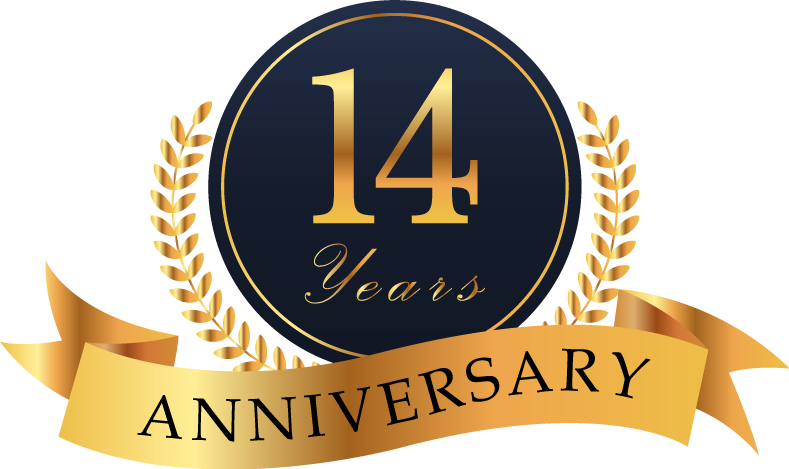Professional Mediators of Virginia,
Mediation:
See the Video Here – What is Mediation?
Mediation is a process whereby a neutral Third person (in this case the Mediator) interposes him or herself between two Adversarial Parties. The Mediator does this so he/she can help the Parties satisfactorily adjust or settle their dispute by coming to an Agreement on a resolution.
Mediation is not adversarial; it helps one party to work with the opposite party to solve problems. No one is judged right or wrong. In mediation an agreement is designed to address the specific problems involved.
The Goal of Mediation is to reach an agreement which will resolve the conflict so that those involved can move forward with their lives.
The Consortium for Appropriate Dispute Resolution on Special Education (CADRE)found that:
Mediation is less expensive than litigation or other forms of conflict resolution; it usually provides much more rapid results than other methods of conflict resolution; parties are generally more satisfied with solutions that are mutually agreed ; thus, they are more likely to follow through and comply with the terms of a mediated agreement than with a decision imposed by a third party.
Other significant benefits of mediation are:
- Mediated settlements can address both legal and extra-legal issues, in contast to court decisions, which are limited to legal issues as well as being constrained by procedural and evidentiary rules
- The resolutions from mediation are more comprehensive and creative than court judgments and are much more satisfactory to the parties as a result.
- Mediated solutions hold up better over time because they address underlying issues and not just the symptoms of the conflict.
- Parties have more control over the outcome in mediation than they have in arbitration or adjudication. They are thus empowered by the process to deal with future disputes more productively.
- Parties can communicate their motivations and limitations in the mediation process more fully than in an adversarial environment. Mediation helps to foster communication and preserve relationships whereas litigation often cuts off communication and destroys relationships.
How Does Mediation Help You?
Mediation allows you to solve your own disputes in cooperation with the other party. It is a win-win situation. You have a chance to get past your anger and direct your attention to solving the problem at hand. Mediation promotes trust, cooperation and respect.
Mediation can reduce the cost, time and stress of resolving conflicts, which might otherwise end up in Court. It is also flexible, accommodating different personalities and problems; generally, the only rules involve respect for the other parties and for the process.
What We Do:
- DIVORCE
- CUSTODY VISITATION
- SUPPORT
- COMMUNICATION TRAINING
- BUSINESS AND COMMUNITY MEDIATION
- PARENT and TEEN MEDIATION
- EVALUATION
- REFERRALS
What are the Costs of Mediation and Who Will Pay?
The mediator is paid on an hourly basis for time spent in the mediation conference as well as time required to prepare agreements. Some disputes may work more efficiently when mediated by co-mediators. This process may include a mediator who has particular knowledge of the issues in the dispute.
Generally the mediation fee is split equally among the parties. However, the parties may agree to other arrangements. Although the mediation fee is paid on an hourly basis, it is far less expensive than costs associated with pursuing the matter through the court process. Additionally, given that most disputes submitted to mediation are resolved, the cost of mediation is well worthwhile. Even a partial agreement can greatly reduce the cost and the time spent which is spent in litigation.
MAINTAIN CONTROL
Mediation helps you to choose the best mutually acceptable solution to the problem rather than having a third party make a decision for you.
Only Virginia licensed lawyers may express opinions on Virginia law or provide advice to persons relative to its application. Since the Mediation Process does not require the use or knowledge of Virginia law to help the Mediating Parties adjust or settle their dispute(s), PMV Mediators, even if they are licensed attorneys, will not discuss with the Mediating Parties the Virginia law or of any legal principles which may be relative to the disputed issues.



